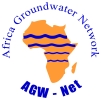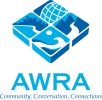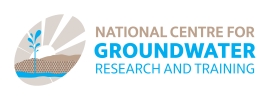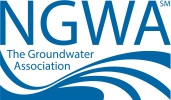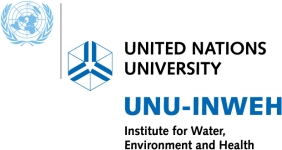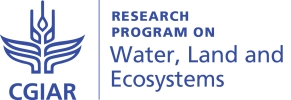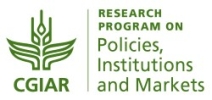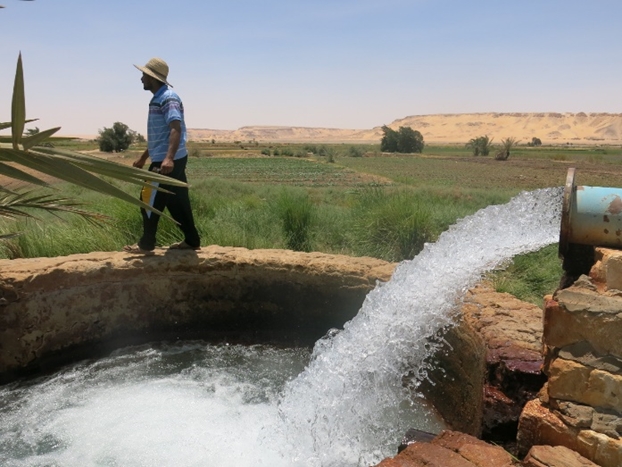
A farmer inspects a deep groundwater well in the Western Desert of Egypt (photo: Alvar Closas).
Groundwater over-abstraction and degradation threaten the sustainable economic and social development of communities around the world. This happens in the face of progressive competition for water and climate variability and, in particular, in arid and semiarid regions. In order to contribute to the growing debate on water governance, a recent publication in WIREs Water focuses on groundwater and examines the shortcomings of existing policy and regulatory frameworks established with the objective of fixing or improving groundwater governance to achieve sustainable resource use.
Building on extensive work in the Middle East and North Africa (MENA) region carried out by the International Water Management Institute (IWMI) and partners under a project funded by the United States Agency for International Development (USAID), this original article reviews current approaches to groundwater governance and diagnoses the shortcomings. The authors find that current approaches generally focus on implementing legal frameworks, monitoring and control of access to and abstraction of groundwater through permits or formal rights, and prescribing community-based local management as cornerstone components of good groundwater governance systems.
Building on this, the article posits that by failing to acknowledge and reconcile the fundamental dynamics and properties of groundwater as a natural resource, and of governance as a social and political phenomenon, the outcomes are not supporting sustainable pathways. This is primarily due to an intrinsic confusion of the concept of governance with normative sustainable management recipes. As a result, specific resource management concepts (e.g., water-use efficiency, access registration, and use allocation) are equated with governance. Under an umbrella of ‘good governance’, this creates interventions that are ultimately narrow in scope as they do not fully account for fundamental resource limitations bounded by environmental functions, making registration and control difficult. In addition, they disregard power dynamics and consequent inequalities in the distribution and access to benefits from groundwater.
Under a reframed concept of groundwater governance, the authors propose that the barriers to sustainable and equitable groundwater use, exemplified by irrigated agricultural systems in the MENA region, arise precisely from existing governance structures that tend to maintain and defend a status quo of power relations and benefit accrual from groundwater. From this, solving the groundwater governance conundrum to better deliver sustainable outcomes is, at its core, a matter of making the fairness/equity issue between uses and users, including the environment, explicit and part of the solutions.
To sign up for GRIPP news and updates, click here.







